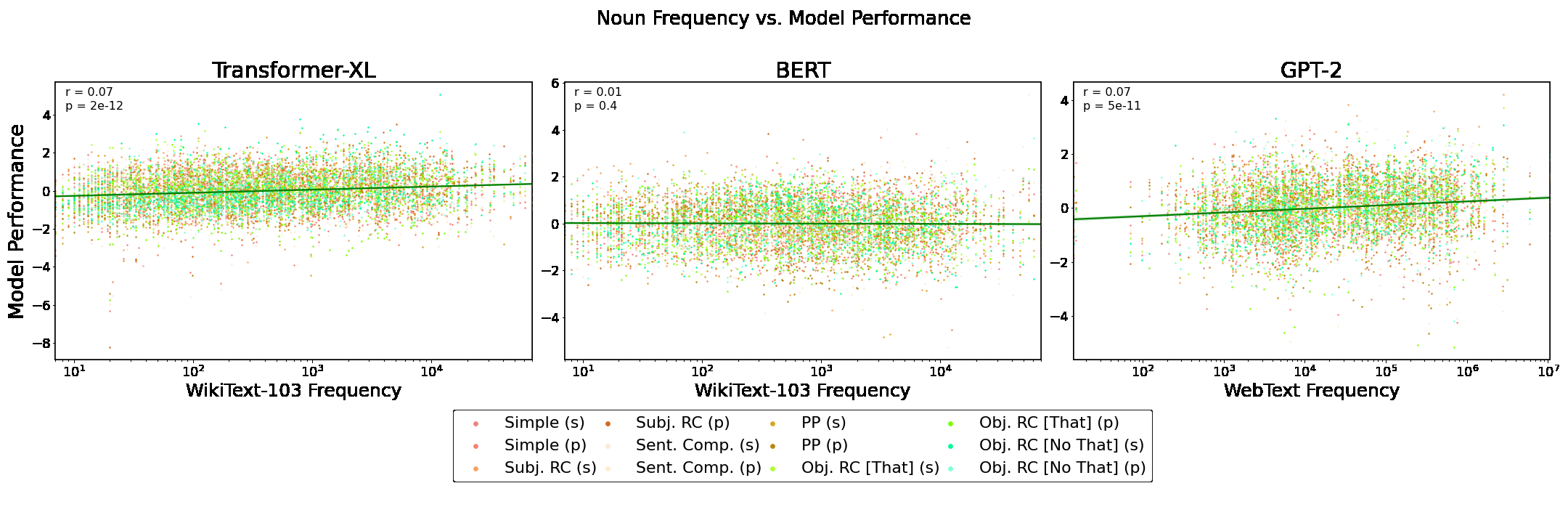Investigating Cross-Linguistic Adjective Ordering Tendencies with a Latent-Variable Model
Jun Yen Leung, Guy Emerson, Ryan Cotterell
Linguistic Theories, Cognitive Modeling and Psycholinguistics Long Paper

You can open the pre-recorded video in a separate window.
Abstract:
Across languages, multiple consecutive adjectives modifying a noun (e.g.~``the big red dog'') follow certain unmarked ordering rules. While explanatory accounts have been put forward, much of the work done in this area has relied primarily on the intuitive judgment of native speakers, rather than on corpus data. We present the first purely corpus-driven model of multi-lingual adjective ordering in the form of a latent-variable model that can accurately order adjectives across 24 different languages, even when the training and testing languages are different. We utilize this novel statistical model to provide strong converging evidence for the existence of universal, cross-linguistic, hierarchical adjective ordering tendencies.
NOTE: Video may display a random order of authors.
Correct author list is at the top of this page.
Connected Papers in EMNLP2020
Similar Papers
Word Frequency Does Not Predict Grammatical Knowledge in Language Models
Charles Yu, Ryan Sie, Nicolas Tedeschi, Leon Bergen,

Detecting Independent Pronoun Bias with Partially-Synthetic Data Generation
Robert Munro, Alex (Carmen) Morrison,

BLiMP: The Benchmark of Linguistic Minimal Pairs for English
Alex Warstadt, Alicia Parrish, Haokun Liu, Anhad Monananey, Wei Peng, Sheng-Fu Wang, Samuel Bowman,

Word class flexibility: A deep contextualized approach
Bai Li, Guillaume Thomas, Yang Xu, Frank Rudzicz,
